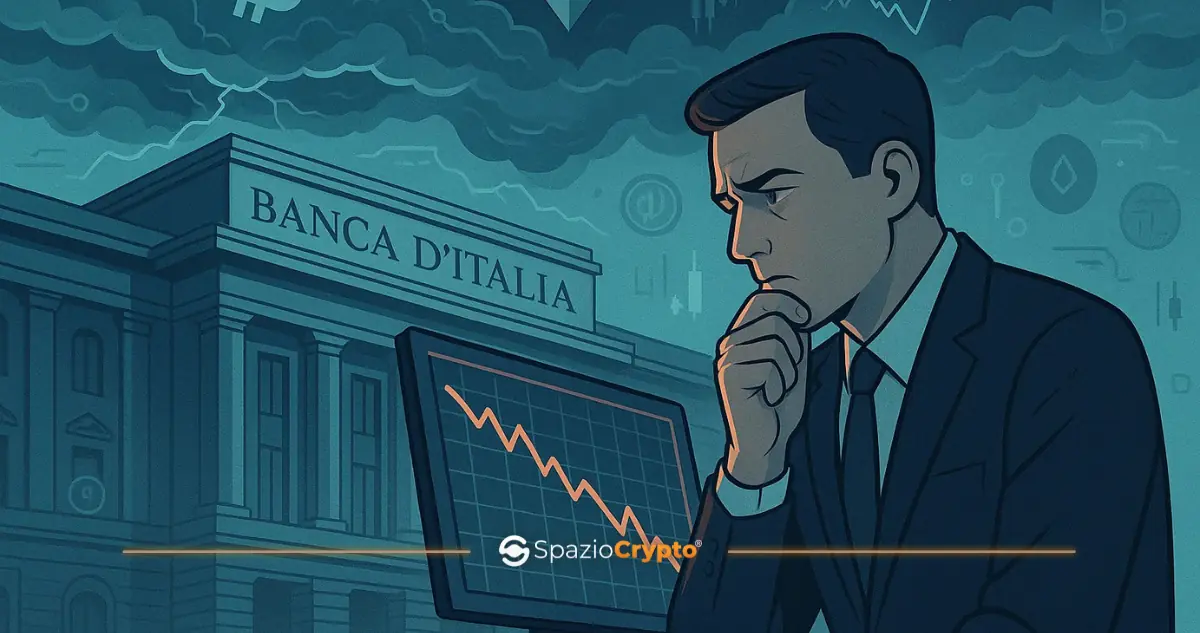In April 2025, the Bank of Italy published a report on financial stability, expressing concern about the growing influence of cryptocurrencies on the country's economy. Particular attention was paid to the volatility of digital assets, their integration into the traditional financial system, and potential threats to investors and financial stability.
The bank noted that the rapid growth of Bitcoin and other highly volatile cryptocurrencies poses a risk not only to investors, but also to financial stability in general. This is due to the increasing interconnectedness between digital assets, the traditional financial sector and the real economy.
Of particular concern, according to the bank, is the involvement of non-financial firms in Bitcoin investments. The BoI pointed out that such investments expose companies to significant price volatility, with possible negative impacts on their financial health and market stability.
In addition, the BoI expressed concerns about stablecoins, particularly those pegged to the US dollar. It warned that such tokens could become systemically important and generate financial vulnerabilities, especially if backed by US government bonds. Any disruption of stablecoins or their underlying assets could affect other parts of the global financial system.
Concerns about the attractiveness of dollar-linked stablecoins for European investors were also expressed by Giancarlo Giorgetti, Italy's Minister of Economy and Finance. He stressed that such currencies could weaken the role of the euro in cross-border payments and called for a stronger position of the euro on the international stage.
Euro Digitale as answer to the challenges of the crypto market: the position of the Bank of Italy
In response to these challenges, the Bank of Italy reiterated the need to develop a digital euro that can offer secure and reliable digital payments, while preserving the role of central banks in the financial system. Banca d'Italia Governor Fabio Panetta noted that the digital euro is a key tool to control the risks associated with the growing adoption of cryptocurrencies.
Panetta also pointed out that the European regulation on cryptocurrency markets (MiCA) and other current regulatory measures have no concrete effect on the adoption of stablecoins in Europe. He therefore called for closer international cooperation and the development of global regulatory standards to effectively manage the risks associated with cryptocurrencies.
In conclusion, the BoI calls for caution and constant monitoring of cryptocurrency market developments, stressing the need for a balanced approach that considers both innovation and potential risks to financial stability and investors.








